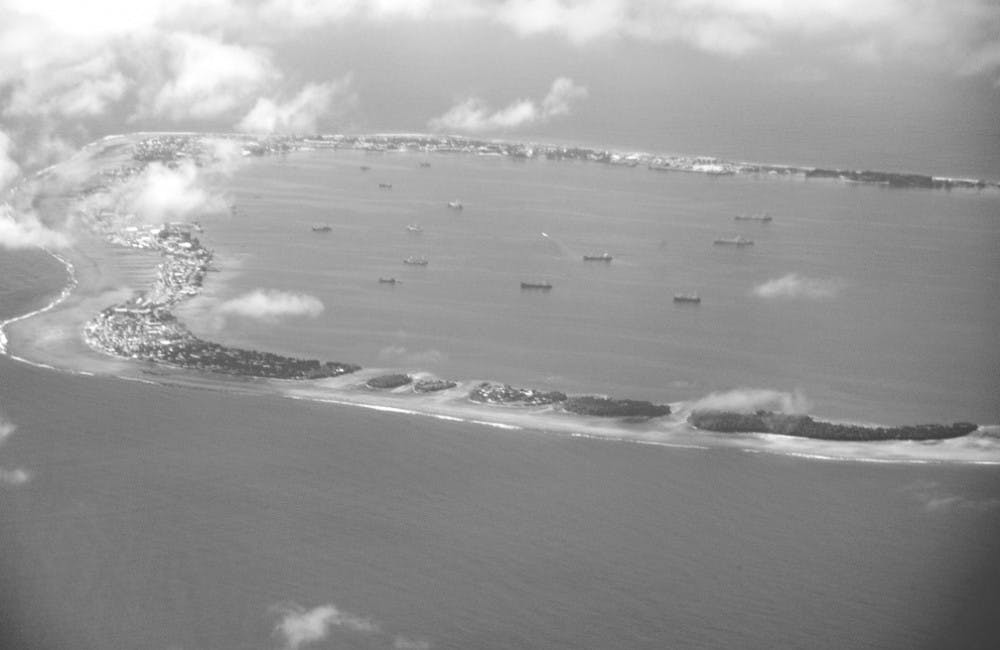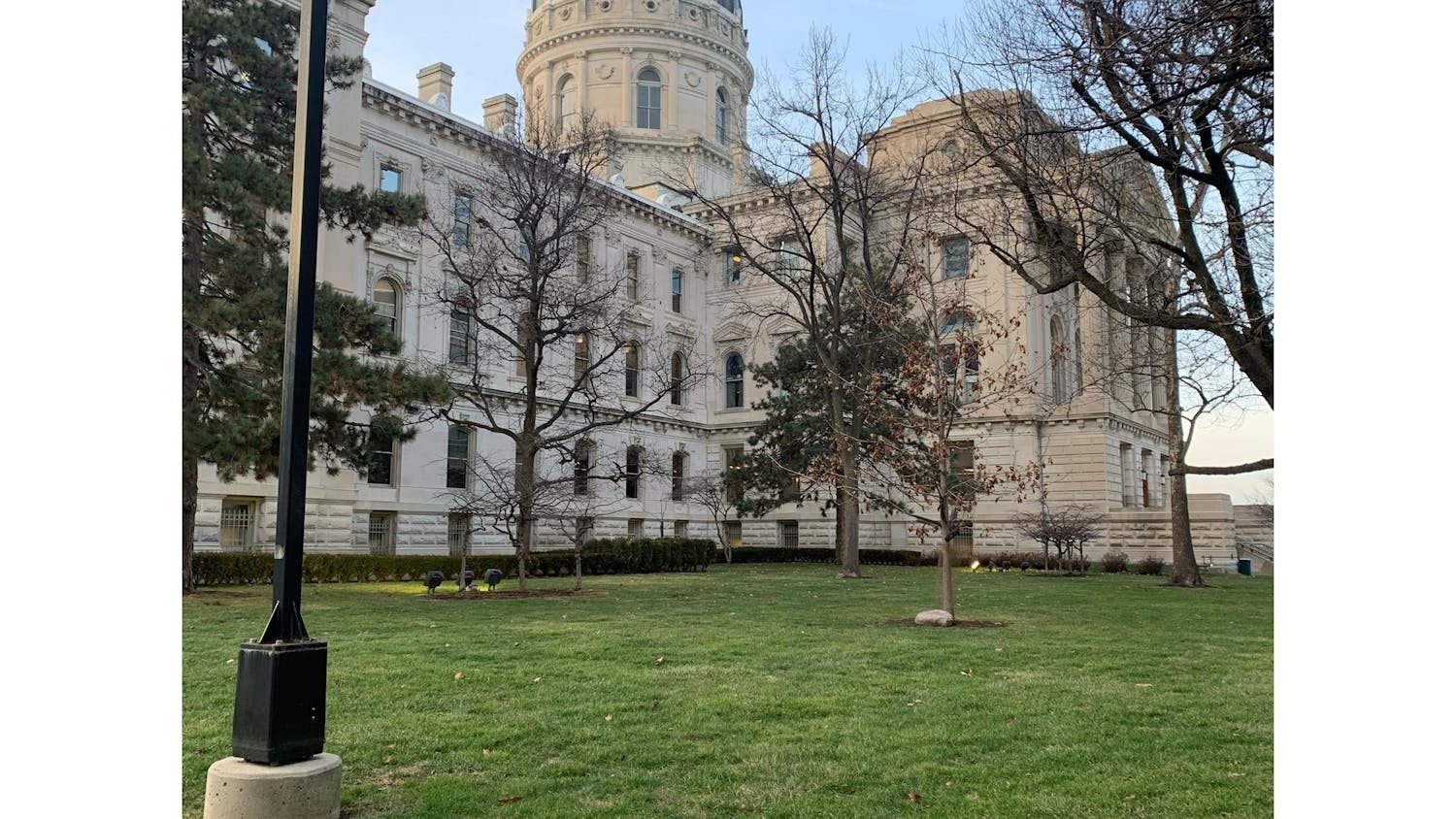By Tom Gbean | Echo\
On Monday, 150 world leaders gathered at the COP21 climate talks in Paris to hash out an agreement to curb greenhouse gas emissions. Amidst the cacophony of big players such as the U.S., China and India, who are lobbying for their climate policies to take precedence, are the representatives of island nations such as Tuvalu, Fiji, the Marshall Islands, the Bahamas and Barbados.
The Intergovernmental Panel on Climate Change (IPPC), created by the United Nations (U.N.) in 1988, is the leading international body for climate change assessment. The IPPC reports that greenhouse gas emissions are rising each year. As more greenhouse gas is emitted into the air, solar radiation becomes trapped in the atmosphere, which leads to a rise in temperature. Glaciers begin to melt as the temperature rises and that leads to an increase in the sea level.
Island nations-which often rely on tourism to drive their economies-are threatened by rising sea levels. Thanks to global warming, their inhabitants may have to evacuate their homes and relocate.
These island nations emit little greenhouse gas but suffer tremendous damage from high-emission nations.
Kiribati, for example, which is threatened by the rising sea level, bought land in Fiji in 2014. Other nations such as the Marshall Islands have started to make evacuation plans and the possibility of purchasing new land.
Although many of the islands, such as Fiji and the Bahamas, earn revenue from their popular tourist attractions, they do not have sufficient political influence to bring change to the climate talk. However, the small island nations formed a coalition known as the Allegiance of Small Island States (AOSIS) in order to bolster their position at the negotiating table.
AOSIS has led the first few days of the climate talks by thrusting two key issues onto the negotiating table. The first is how these island nations will be compensated as they adapt to climate changes that they did not help to create. Temperatures have risen since the beginning of the Industrial Revolution, which prompts the second issue of lowering temperatures to within 1.5 to 2 degrees Celsius of pre-industrial temperatures. Other more developed and wealthy nations, however, are pushing for a much higher range of 2.5-3.5 degrees Celsius.
President Barack Obama, who describes himself as an "island boy," sympathizes with the leaders of of AOSIS. They were the only negotiating bloc that he visited while at the climate talks in Paris. The president assured the group of the global community's initiative to raise funds to help developing nations adapt to climate changes and transition to greener energy sources, and that their intent is to provide for island nations vulnerable to climate disasters. Obama said that the U.S. pledges $3 billion, but this sum is subjected to congressional approval.
The president gave a speech as he was about to leave the climate talks on Wednesday, in which he said that a successful outcome of the climate talks would be a legally binding mechanism that would encourage countries such as China, Russia and India to limit carbon output and greenhouse gas emissions-a feature that was missing from the previous climate talks in 2009.
But major countries are actually trying to come up with solutions for global warming. For example, China has promised to cut emissions from its coal power plants by 60 percent by 2020. It says that it will shut down all power plants that refuse to meet these standards within the designated time frame.
At the exact moment the president was making his departing remarks in Paris, the House of Representatives in the U.S. voted on a pair of bills that could stymie the president's efforts and the Environmental Protection Agency's ability to enforce regulations for carbon emissions set by the Obama Administration.
Republicans such as House Republican Whip Steve Scalise (R-LA) said that the president's efforts are misplaced and that the president should be focusing on strategies to defeat ISIS.
Obama believes that climate is a very important issue not only for the U.S. but for the world. He said that he was "convinced that we are going to get big things done here," he said, reported CNN. "Keep in mind nobody expected that 180 countries would show up in Paris with serious climate targets in hand."




